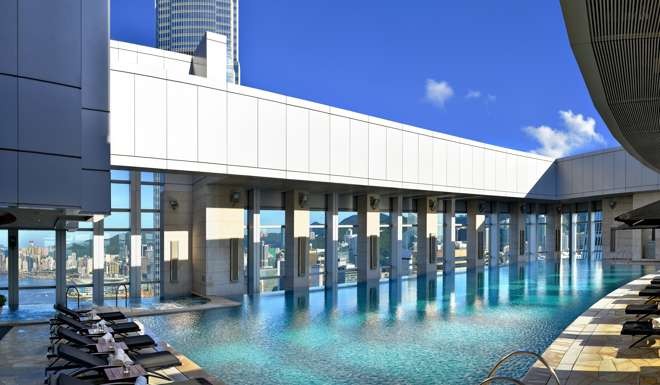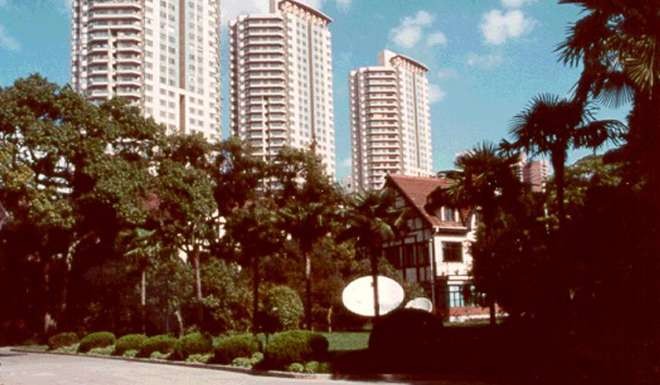
Serviced apartments sector enjoys upward momentum across Asia-Pacific, despite tighter corporate budgets
Overseas business assignments set to increase considerably by 2020, as multinational corporations further expand their international operations

Serviced apartment operators need to do more to rekindle flagging market share from corporate clientele. That’s according to the Global Serviced Apartments Industry Report 2016/17 produced by Britain-based booking agency and research company, The Apartment Service.
Its data indicates that, globally, fewer corporates are taking up serviced apartments than they were 18 months ago, “suggesting that the sector may need to do more to attract those corporates not yet persuaded by the benefits of hotel alternatives”.
Compared to the previous year’s report, when three-quarters (74.29 per cent) of corporates surveyed were using serviced apartments for business travel, that figure has fallen by around 9 per cent in the 2016/2017 report. Just under half of the respondents (49.24 per cent) used apartments regularly for assignment or project work, down slightly from 51.43 per cent from the last survey, and 35.61 per cent used them for relocation, compared to 42.86 per cent previously.

However Charles McCrow, CEO of The Apartment Service, says this does not suggest that interest is waning – rather that “mature corporate accommodation programmes now routinely include serviced apartments, and that the sector is now more secure in its niche”.
As awareness of the serviced apartment product has grown among corporates, travellers and travel management companies, so too has the level of expectation, McCrow writes in the report. Free high-speed Wi-fi ranks highest on corporates’ priority lists, followed by single occupancy (75.38 per cent) and the scope to accommodate an entire family (49.23 per cent). In-house services are not regarded as essential, being a priority for only 35.38 per cent of corporates, while amenities are important to 32.31 per cent.
Mature corporate accommodation programmes now routinely include serviced apartments, and the sector is now more secure in its niche
Operators may also need to look at their processes, the data suggests. While overall, 88 per cent of companies now use serviced apartments for one business reason or another, only half have a formal procurement process in place. This suggests to the report’s authors that serviced apartments are either too difficult to source or book, or that they do not represent a high enough proportion of overall accommodation spend to be incorporated into annual requests for proposals.
“The lack of a clear procurement process, inconsistent quality of product, guest services and amenities complete the list of principal barriers for corporates as they did 18 months ago,” the report states.

With supply on the increase – up 10.5 per cent worldwide compared to the previous report – this is taken as “further evidence of a sector maintaining its upward momentum”. Across Asia-Pacific specifically, demand for serviced apartments has grown by up to 25 per cent in a decade as employers offer short-term contracts to plug skills gaps and manage costs.
Pilar Morais, executive director at Hong Kong-based serviced apartment operator CHI Residences, is quoted in the report on the challenges local operators face. The business market is growing as corporates’ understanding of serviced apartments matures, she says, but “budgets are definitely getting tighter, especially in upper/middle management markets”. Rates haven’t changed much year-on-year, but there’s now fierce competition between hotels and apartments as people compare the two, Morais adds.
She cites a blurring of the line between hotels and serviced apartments, as hotels expand into the serviced apartment sector and fewer dedicated serviced apartments are built. There is also competition from China. In Shanghai, for example, an assignee may sign a two year lease for the same price of a one year lease in Hong Kong.